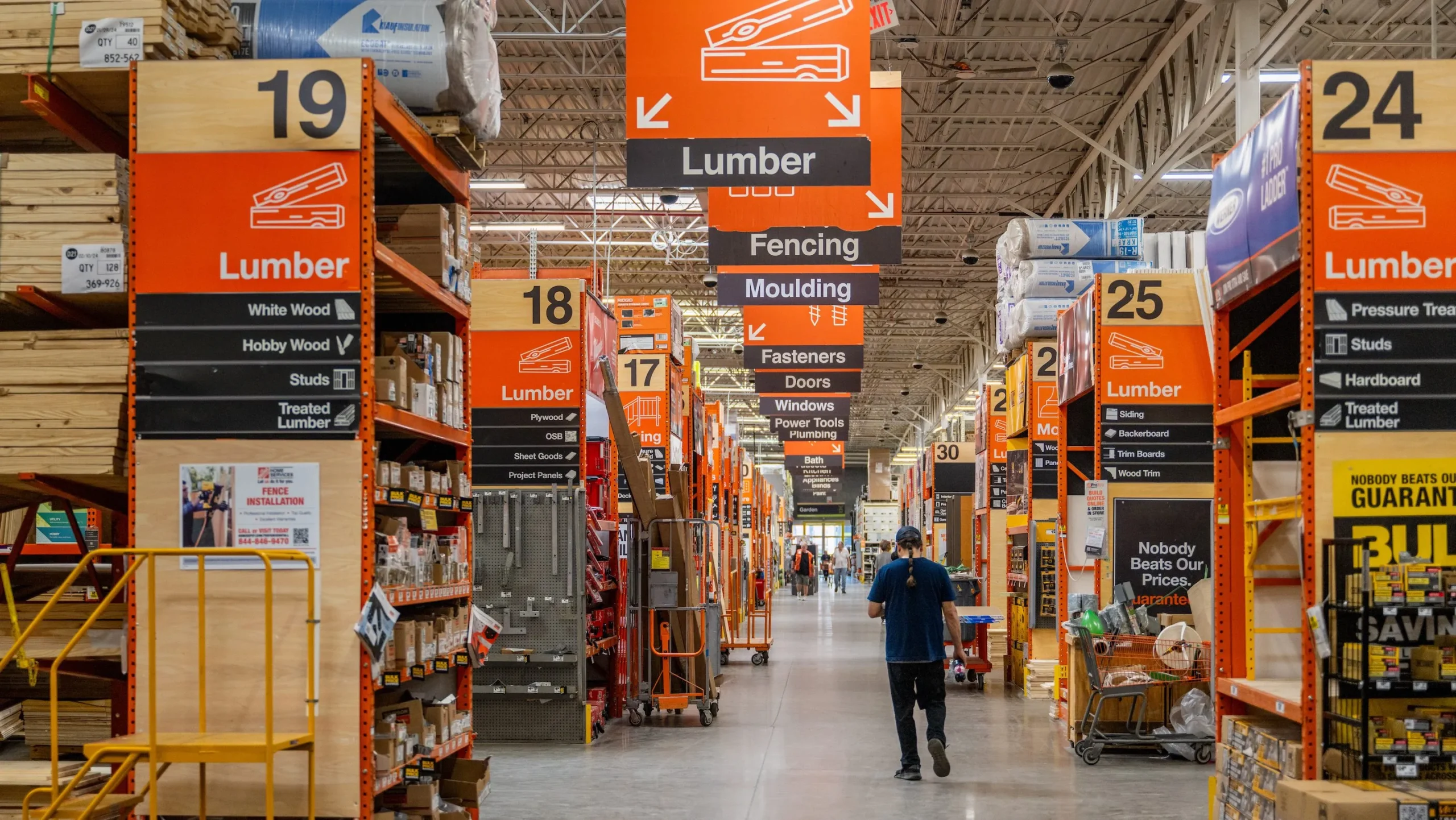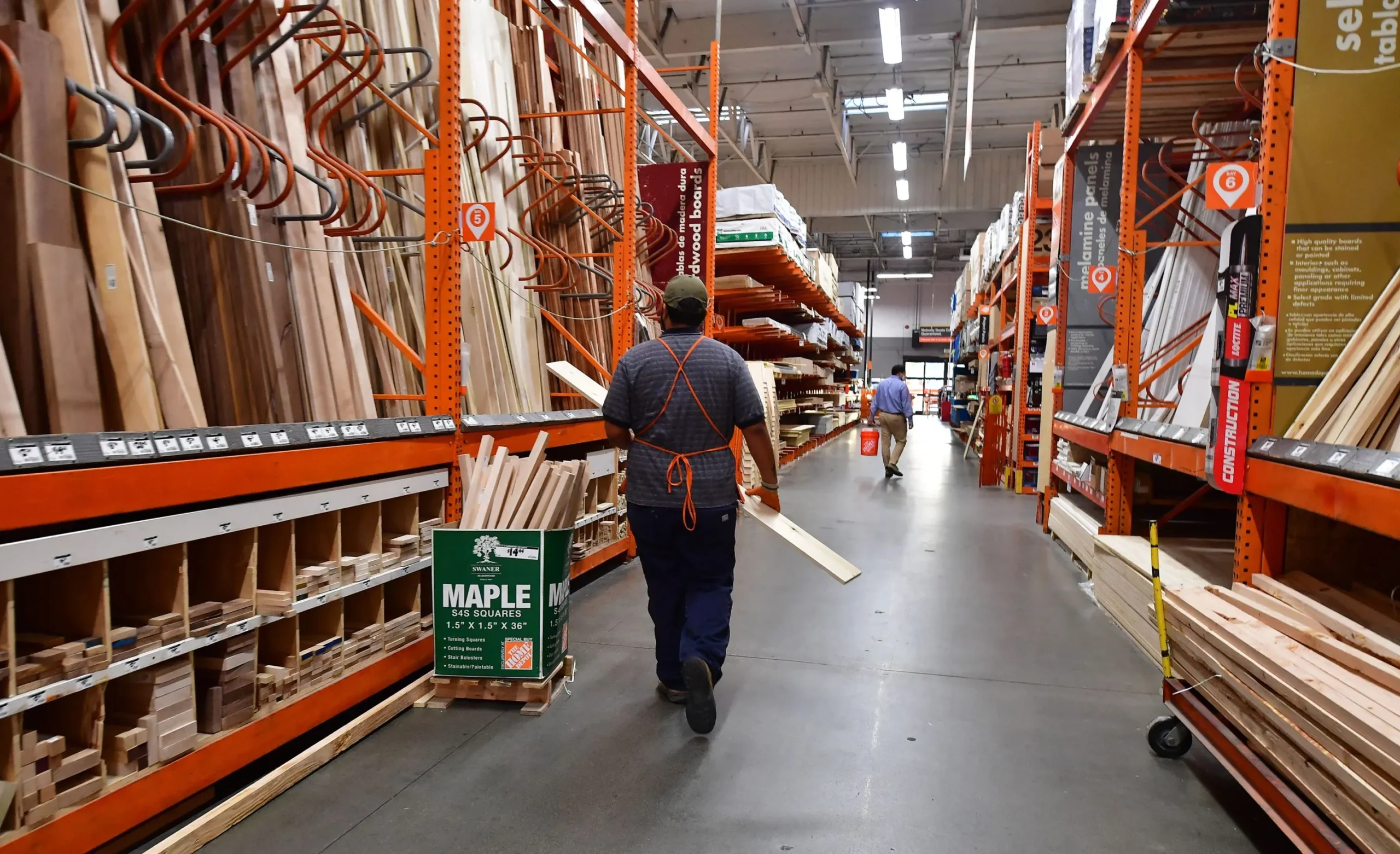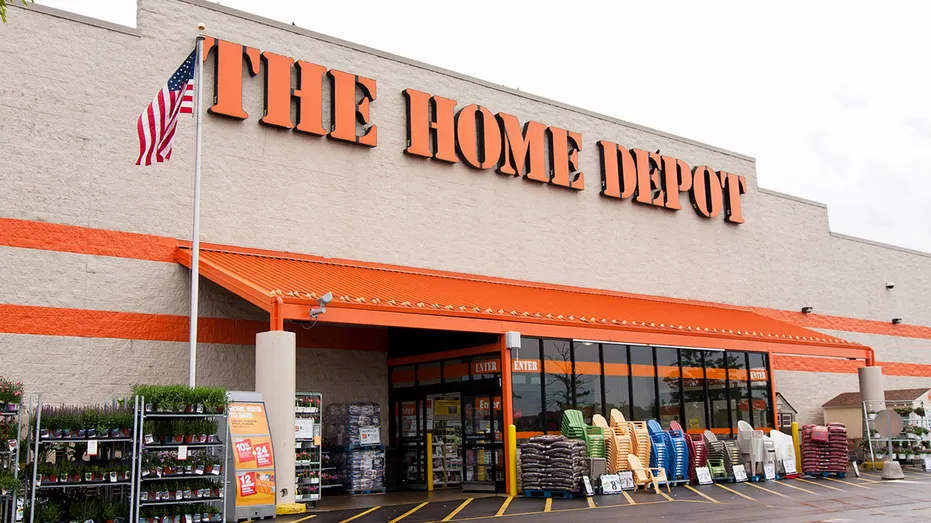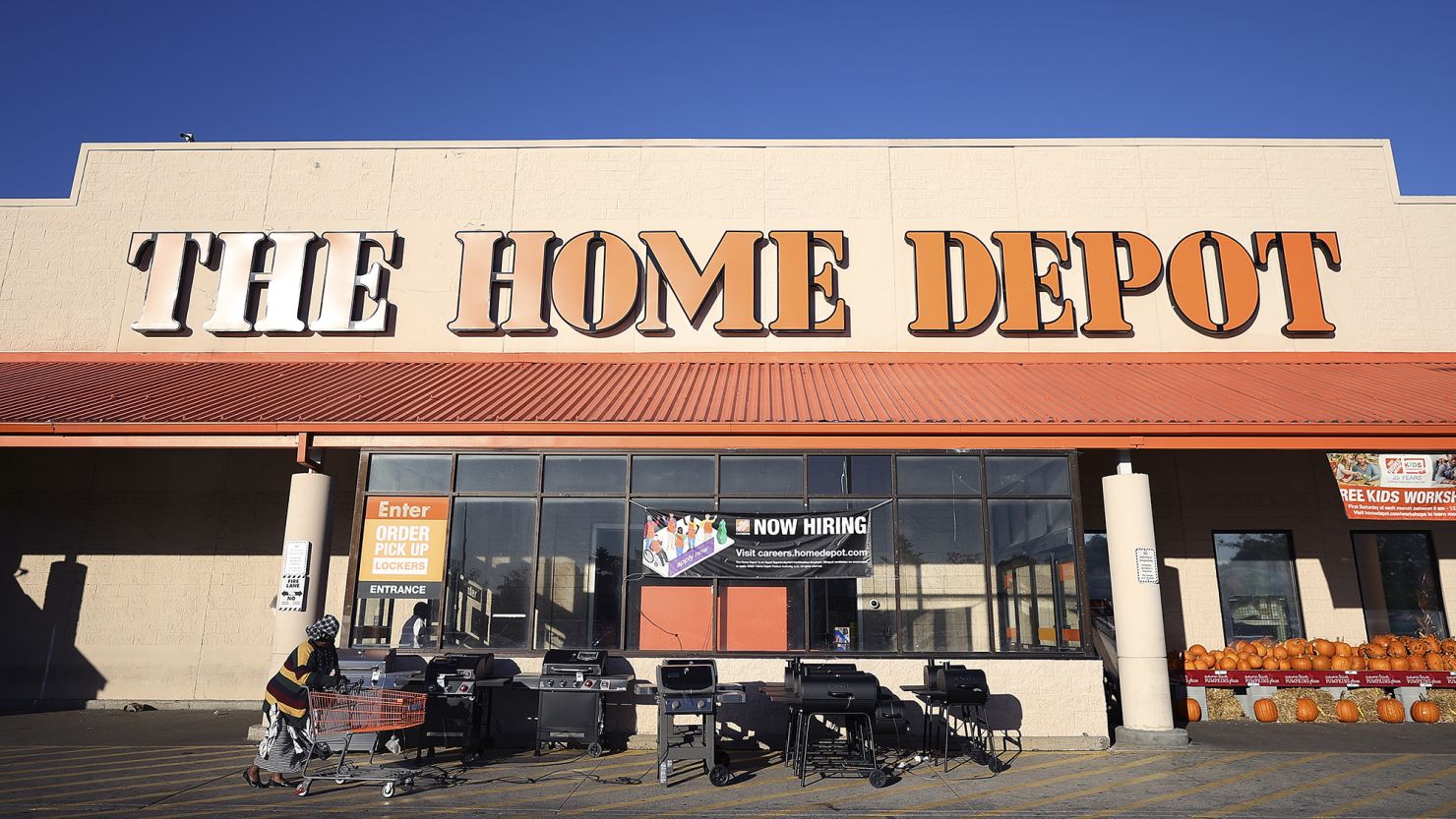Home Depot, one of the largest home improvement retailers in the United States, has long been a household name. Since its founding in 1978 by Bernie Marcus and Arthur Blank, the company has grown from a single store in Atlanta, Georgia, to a massive chain with over 2,300 stores across North America. As of 2024, Home Depot continues to be a dominant force in the retail industry, adapting to changing consumer behaviors, technological advancements, and the evolving economic landscape.
The Origins and Growth of Home Depot

Home Depot was established with the vision of creating a superstore that would offer a wide range of home improvement products at competitive prices, alongside knowledgeable customer service. The concept was revolutionary at the time, providing both professional contractors and DIY enthusiasts with everything they needed under one roof. The store’s warehouse-style layout, which allowed customers to see and handle products directly, became a key differentiator from other retailers.
The company’s growth was rapid and steady, driven by a combination of strategic store expansions, acquisitions, and a keen understanding of customer needs. By the 1990s, Home Depot had established itself as a leader in the home improvement sector, outpacing competitors with its extensive product range and strong customer service ethos.
Adapting to the Digital Age
As the retail industry underwent a digital transformation, Home Depot recognized the importance of integrating online and offline experiences to meet the demands of modern consumers. The early 2000s saw the company investing heavily in its e-commerce platform, allowing customers to browse products online, read reviews, and make purchases from the comfort of their homes.
The integration of technology into Home Depot’s operations was not limited to online sales. The company also introduced tools such as the Home Depot app, which provided features like product search, in-store navigation, and the ability to check stock availability at local stores. These innovations enhanced the shopping experience, making it more convenient for customers to find and purchase the products they needed.
In 2024, Home Depot’s online presence continues to be a significant driver of sales. The company’s e-commerce platform has grown to include a vast array of products, from tools and building materials to home decor and appliances. Home Depot has also embraced the concept of omnichannel retailing, where customers can order online and choose to pick up in-store or have their purchases delivered. This flexibility has been crucial in maintaining customer loyalty and competitiveness in a rapidly changing retail landscape.
Responding to Economic and Market Challenges

Like many retailers, Home Depot has faced its share of challenges, particularly in the wake of economic downturns and the COVID-19 pandemic. The pandemic, while initially disruptive, ultimately led to a surge in demand for home improvement products as people spent more time at home and invested in renovations, repairs, and DIY projects. Home Depot was able to capitalize on this trend by keeping its stores open as essential businesses and by ramping up its online sales capabilities.
In 2024, Home Depot continues to navigate a complex economic environment marked by inflation, supply chain disruptions, and shifting consumer preferences. The company has implemented several strategies to mitigate these challenges, including diversifying its supply chain, negotiating better terms with suppliers, and passing some costs onto consumers in a way that balances profitability with affordability.
Additionally, Home Depot has expanded its product offerings to include more sustainable and eco-friendly options, reflecting the growing consumer demand for environmentally responsible products. This shift not only aligns with broader market trends but also positions Home as a leader in the home improvement sector’s move towards sustainability.
The Role of Professional Contractors and DIY Enthusiasts
Home Depot’s customer base is diverse, encompassing both professional contractors and DIY enthusiasts. This dual focus has been a cornerstone of the company’s success, as it allows Home Depot to cater to a wide range of needs, from large-scale construction projects to small home repairs.
For professional contractors, Home Depot offers a Pro Xtra loyalty program, which provides benefits such as bulk pricing, purchase tracking, and exclusive deals. This program has been instrumental in building long-term relationships with contractors, who often make significant purchases and rely on Home for consistent product availability and competitive pricing.
On the other hand, DIY enthusiasts are drawn to Home Depot for its extensive selection of tools, materials, and instructional resources. The company has invested in educational initiatives, offering workshops and online tutorials that empower customers to tackle home improvement projects with confidence. This focus on education and support has helped Home Depot build a loyal base of DIY customers who turn to the retailer for guidance and inspiration.
Community Engagement and Corporate Responsibility

Home Depot’s commitment to community engagement and corporate responsibility is another key aspect of its identity. The company has long been involved in various philanthropic efforts, particularly through The Home Depot Foundation, which focuses on improving the homes and lives of U.S. veterans, aiding communities affected by natural disasters, and supporting affordable housing initiatives.
In 2024, The Home Depot Foundation continues to expand its reach, with a focus on addressing homelessness, supporting skilled trades training, and promoting sustainability. The company’s corporate responsibility initiatives are closely aligned with its business goals, creating a synergy between its commercial success and its social impact.
Home Depot has also made strides in environmental sustainability, aiming to reduce its carbon footprint and promote responsible sourcing. The company has set ambitious goals for reducing energy consumption, increasing the use of renewable energy, and minimizing waste in its operations. Additionally, Home is committed to offering more sustainable products, such as energy-efficient appliances and eco-friendly building materials, to help customers make environmentally conscious choices.
The Competitive Landscape and Future Outlook
The retail landscape in 2024 is highly competitive, with Home Depot facing challenges from both traditional rivals like Lowe’s and newer players in the e-commerce space, such as Amazon. However, Home Depot’s extensive network of physical stores, combined with its strong online presence, gives it a unique advantage in serving customers who value the ability to see and touch products before purchasing.
Looking to the future, Home Depot is likely to continue investing in technology and innovation to stay ahead of the competition. The company has shown a willingness to embrace change, whether through adopting new technologies, expanding its product range, or entering new markets. For example, the growing trend of smart home technology presents opportunities for Home Depot to offer products and services that cater to the increasing demand for connected home devices.
Moreover, Home Depot is expected to further enhance its supply chain capabilities, ensuring that it can meet customer demand quickly and efficiently, even in the face of global disruptions. The company’s focus on wdbos login sustainability is also likely to deepen, as it seeks to align its business practices with the evolving expectations of consumers and regulators.
Conclusion
Home Depot’s journey from a single store in Atlanta to a retail giant with a presence across North America is a testament to its ability to adapt and innovate. As of 2024, the company continues to play a vital role in the home improvement industry, offering a wide range of products and services that meet the needs of both professional contractors and DIY enthusiasts.
Despite facing economic challenges, competitive pressures, and the need to address environmental and social responsibilities, Home Depot remains well-positioned for future growth. Its commitment to customer service, innovation, and community engagement will likely ensure that it continues to be a trusted and valued resource for home improvement for years to come.
Read More Article About “The Devastating Wildfires of Maui: An Unprecedented Catastrophe“
